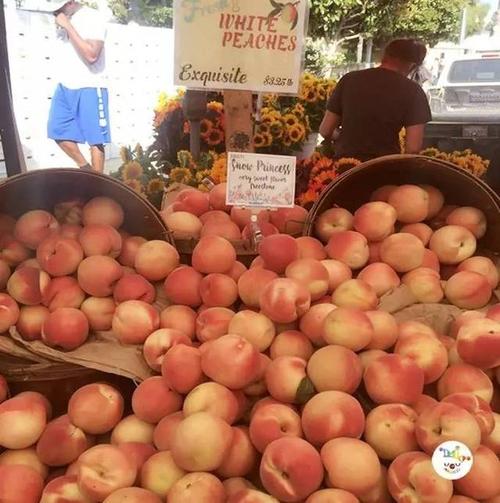### Title: Translating "蟠桃" into English
Translating terms between languages can sometimes be challenging, especially when it involves cultural nuances. "蟠桃" (pán táo) is a Chinese term that carries rich cultural and historical significance, particularly associated with mythology and folklore. Let's explore potential translations and their implications in English.
#### 1. Direct Translation:
**"蟠桃" (pán táo) directly translates to "coiled peach" or "twisted peach" in English.**
- **Implication:** This translation captures the literal meaning of the term. However, it lacks context and may not convey the cultural significance attached to "蟠桃" in Chinese mythology.
#### 2. Cultural Translation:
**"蟠桃" (pán táo) can be culturally translated as "Peach of Immortality."**
- **Implication:** This translation not only conveys the visual image of a peach but also alludes to its significance in Chinese mythology. In Chinese folklore, the Peach of Immortality is a legendary fruit that bestows longevity or immortality upon those who consume it. This translation preserves the cultural and mythical context of "蟠桃."
#### 3. Contextual Translation:
**Depending on the context, "蟠桃" (pán táo) can be translated as "Peach Banquet" or "Peach Festival."**
- **Implication:** In certain contexts, such as references to the famous "蟠桃会" (Peach Banquet) from the classic Chinese novel "Journey to the West," this translation captures the essence of a gathering or celebration centered around the consumption of peaches. It retains the cultural reference while providing an understandable translation for English-speaking audiences.
#### 4. Mythological Translation:
**"蟠桃" (pán táo) may also be translated as "Peach of the Gods" or "Divine Peach."**
- **Implication:** This translation emphasizes the mythical and divine qualities associated with the peach in Chinese culture. It reflects the belief that peaches were consumed by gods and immortals to attain longevity and transcendence. This translation highlights the spiritual significance of "蟠桃" in Chinese mythology.
#### Conclusion:
Translating "蟠桃" into English involves more than just finding an equivalent word. It requires an understanding of the cultural, historical, and mythological contexts in which the term is used. Depending on the specific context and intended meaning, translations like "Coiled Peach," "Peach of Immortality," "Peach Banquet," or "Divine Peach" can be appropriate. However, it's essential to choose a translation that effectively communicates the rich cultural heritage and significance of "蟠桃" to English-speaking audiences.
This comprehensive approach to translation ensures that the essence of the original term is preserved, allowing for cross-cultural understanding and appreciation.

免责声明:本网站部分内容由用户自行上传,若侵犯了您的权益,请联系我们处理,谢谢!联系QQ:2760375052











